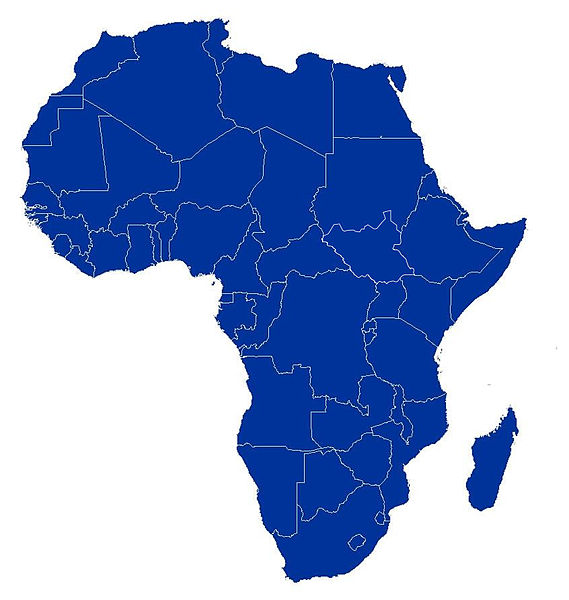The National Institute for Communicable Diseases in South Africa are advising travellers returning from the southern African region should be aware of a number of infectious disease risks related to travel to include malaria, cholera, typhoid, African tick bite fever, East African trypanosomiasis and various mosquito-borne viruses (e.g. dengue, chikungunya, West Nile).

Malaria is the most important travel-related infection to consider at this time, given that it is high season in southern Africa for both residents of malaria transmission areas and travellers, and the need for rapid diagnosis and urgent treatment to prevent severe malaria and deaths.
Most persons presenting with malaria in South Africa either acquire the infection in malaria risk areas within the country or have a history of travel to neighboring countries, with the highest risk in Mozambique. Malaria risk areas within South Africa are the areas of Limpopo, Mpumalanga and northern KwaZulu-Natal provinces.
Typhoid and cholera outbreaks are ongoing in Zimbabwe. Any person who develops sudden, severe watery diarrhoea within 5 days of returning from a cholera-endemic area should be tested for cholera. Typhoid symptoms (intermittent fever, headache, abdominal pain, nausea, and diarrhoea or constipation) are less specific, but can resemble malaria. Any person presenting with these signs within 2-4 weeks of returning from a typhoid-endemic area should be tested for typhoid. Both cholera and typhoid cases should be notified immediately.
African tick bite fever is a common and potentially dangerous infection that people can acquire when visiting the bush or farms anywhere in Africa. Clinically, tick bite fever can resemble malaria (fever, headache) at first, but is usually accompanied by an eschar (black mark or scab surrounded by inflamed skin – site of infected tick bite) and painful regional lymph nodes, and sometimes a skin rash. Doxycycline therapy is highly effective.
East African trypanosomiasis (sleeping sickness) is an uncommon but potentially fatal infection caused by a blood parasite transmitted by tsetse flies. The infection is occasionally seen in visitors to game parks along the Zambezi Valley in Zimbabwe, the Luangwa Valley in Zambia, and various game parks in Malawi and other East African countries. An inflamed local skin lesion at the bite site and malaria-like symptoms are typical, disease progression is very rapid and urgent specialized management is required.
African sleeping sickness: A short Q&A with an ID physician
Some mosquito-borne virus infections (e.g. dengue, chikungunya, West Nile) circulate periodically in southern Africa and can resemble malaria. Any person who develops a fever, headaches, muscle/joint pain or a skin rash should see a doctor. Although there is no specific treatment, it is important in these cases to rule out malaria, which is frequently fatal without treatment.
In addition to travel-related disease concerns within the region, they also advise on infectious diseases that may be contracted in other areas like the Americas and Europe to include flu and measles.
- Infectious disease news: Top 5 posts for the week Jan. 12- Jan. 18
- Malaysia reports another human rabies death in Sarawak
- Shingrix shortage: Is Schumer linking it to the shutdown?
- Louisiana hepatitis A outbreak update
- Measles in the United States 2018: 2nd most cases since 2000
- Measles in Clark County: Public health emergency declared
- CDC: ‘Those never vaccinated against yellow fever should avoid travel to Nigeria during the outbreak’


One thought on “South Africa issues alert for travelers to the southern African region”